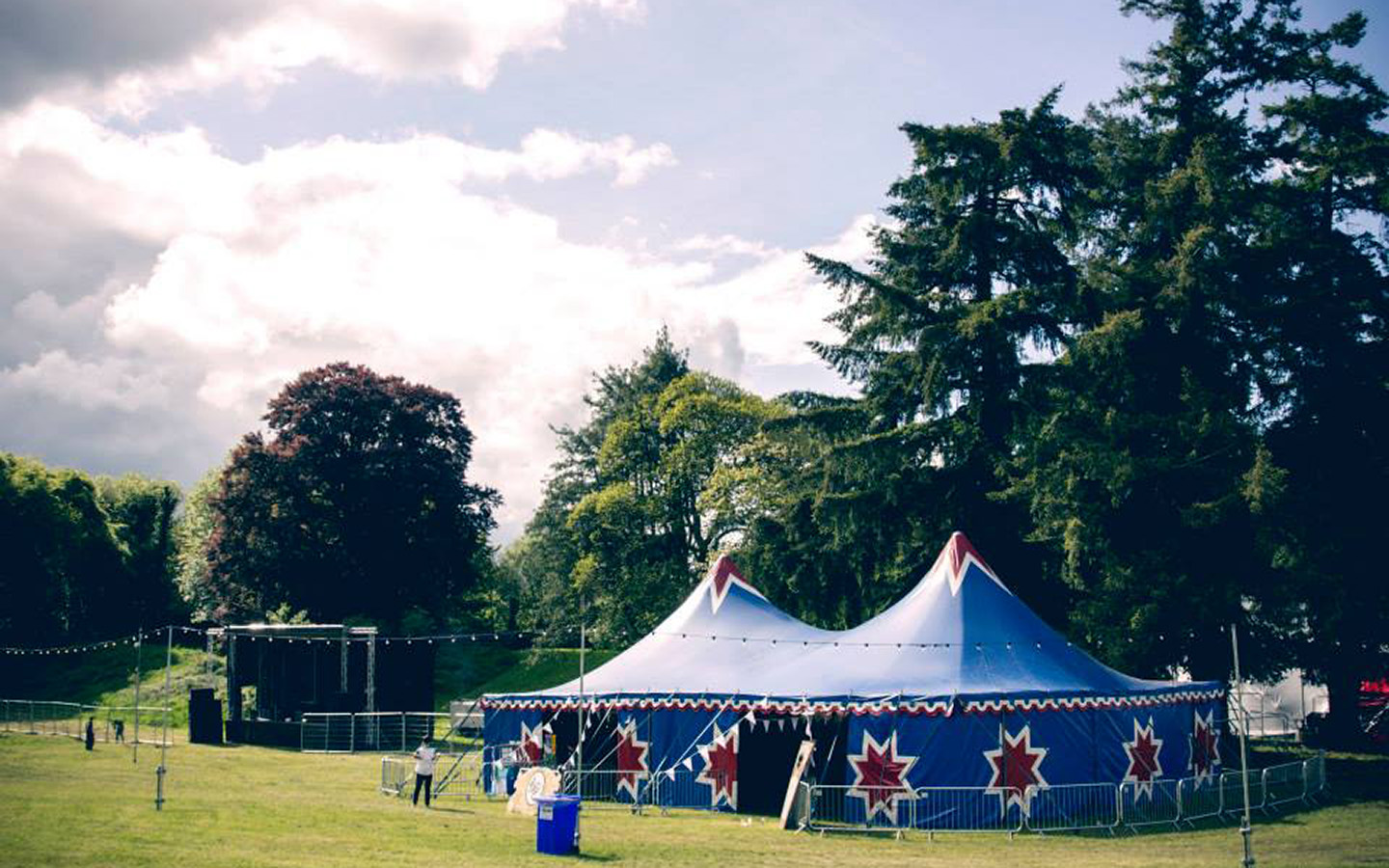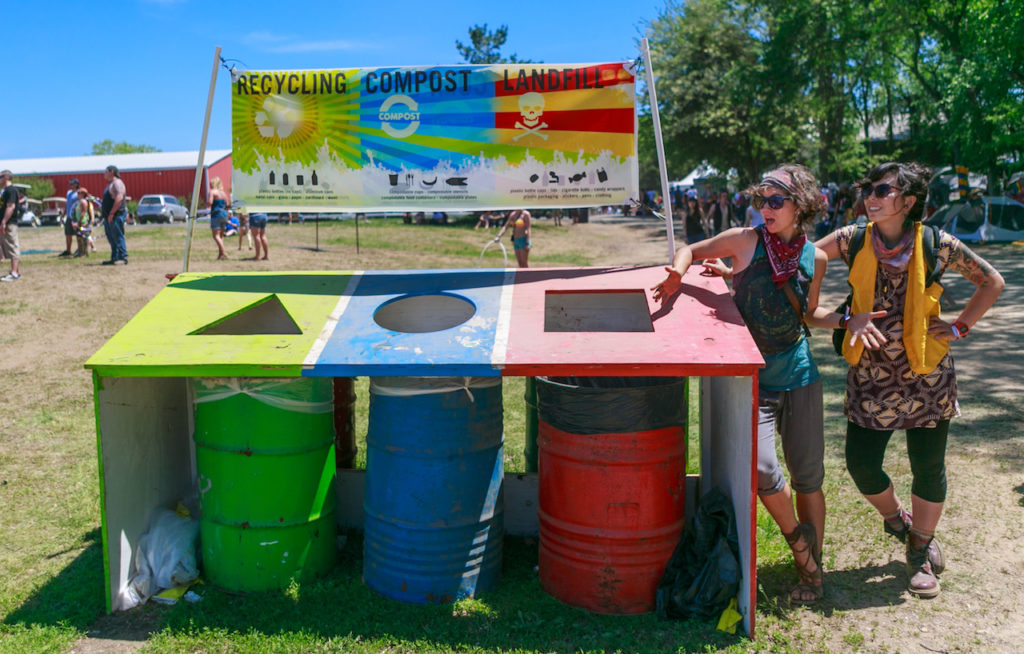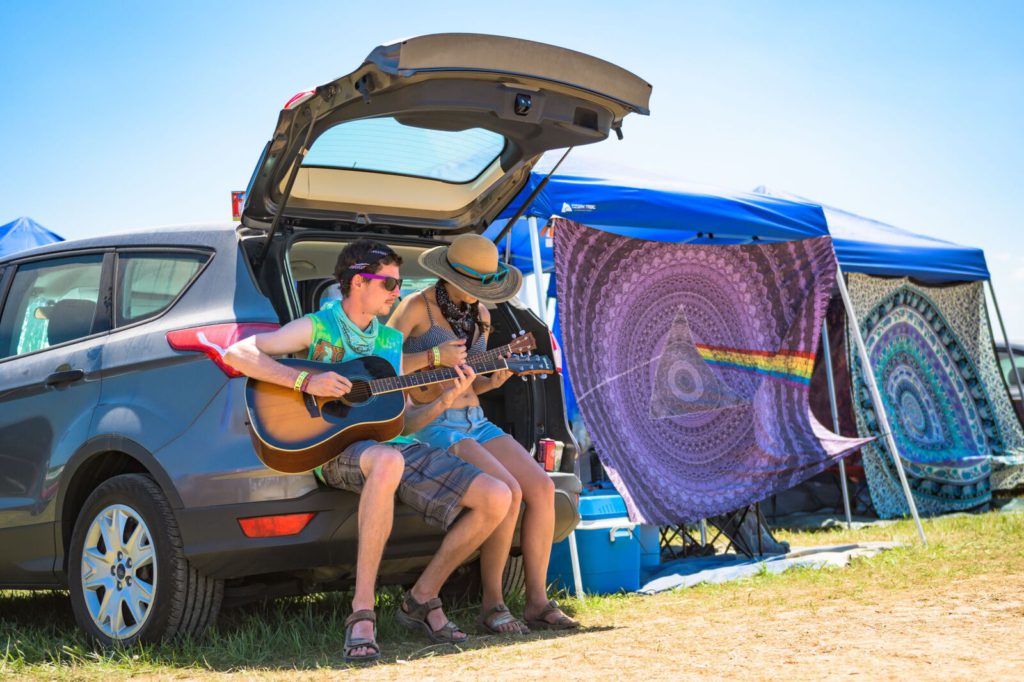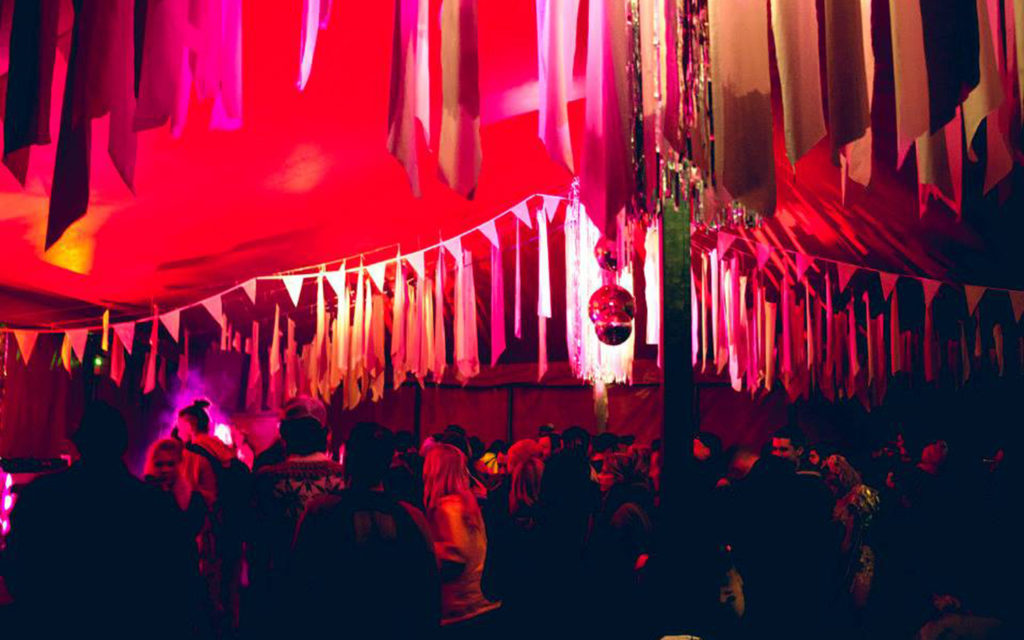The Festival Circuits Path to Becoming More Sustainable
Over the long months between April and September every year, thousands of music enthusiasts attend the dozens of festivals that take place around Ireland. It is a testament to the long love affair between the Irish people and live music (and outdoor drinking) that these events almost always sell out immediately, even before the line-ups have been announced in many cases. For some attendees, the festival is the place to see dozens of bands and acts that you might never see otherwise – relative unknowns who bring alternative sounds to the lucky few who are paying attention in a field somewhere in Louth. For others, the festival is simply the place to see and be seen. A place where face paints and bum jewels (thanks hun, Penneys) are the order of the day, and if you’re not boomeranging your “Cheers!” in front of the main stage then are you even really there? For most people though, attending a music festival is a chance to hang out with friends or family, see a few bands and maybe a spoken-word poet if there’s nothing else on, eat burgers and/or noodles for every meal, and come home dirty and exhausted with plenty of stories to tell in work or college the next day.
But we all know what happens when thousands of people congregate in one place for a weekend of camping, eating, drinking and craic: rubbish. At last year’s Electric Picnic, environmental group Friends of the Earth estimated that at least 400 tonnes of waste was generated over the weekend. If roughly 50,000 people attend the Picnic, and it is estimated that 800,000 people attend festivals overall every year in Ireland, it can be extrapolated that up to 6,400 tonnes of waste could be generated across the festival season each year. We have all seen the “after” photos on social media the week after a big camping festival – abandoned tents and sleeping bags, cans and bottles and plastic cups strewn about the site, and leftover food that patrons didn’t want to take home. Obviously the responsibility is on the festival attendees to look after their own belongings and not treat the Irish countryside as their personal dumping ground, but what measures are festival organisers putting in place to minimise waste and make it easier for patrons to dispose of their rubbish?
In researching the major Irish music festivals, I found that several of their official sites have no information whatsoever about sustainability policies or initiatives. This isn’t to say that these individual festivals won’t provide recycling facilities or don’t make any effort to reduce waste, but it doesn’t appear to be part of their manifesto. So for this article, I will be concentrating on the main festivals that do provide information on the steps that they take to be more sustainable.
A common point on most festival websites is the promotion of public transport and car-pooling. Of course, this isn’t a new idea but the focus seems to be shifting from a traffic perspective to an environmental one. Castlepalooza, All Together Now, Electric Picnic, Body & Soul and Longitude all mention public transport links and encourage festival patrons to avail of these options (unfortunately, it’s currently the only point listed under Longitude’s green policy). For Vantastival, things are a little more difficult since they can’t discourage the use of private vehicles altogether. The camper-van festival does encourage sharing vehicles with friends where possible though.
In terms of food vendors and the waste that they generate, most of the major festivals are implementing a policy of no single-use plastic food containers, cutlery and cups. Castlepalooza claim that they “strictly enforce” their green policy and insist that all food vendors provide only biodegradable and compostable ware. Electric Picnic’s policy says that they are working with vendors to eliminate single-use plastic, Body & Soul have banned polystyrene and plastic straws, and All Together Now claim that they have “excluded any single-use cups being provided on the festival site” and that all cups will be compostable or recyclable. Body & Soul and Electric Picnic will also be implementing their plastic cup deposit scheme so as to ensure the cups get recycled appropriately. Castlepalooza and Body & Soul also specifically mention the recycling of cooking oils used on-site at their festivals, and the promotion of local, organic food options.
Recycling bins will be provided at most major festivals, and their whereabouts will be marked clearly with signage. Body & Soul and Electric Picnic will both be providing bin bags to attendees so that rubbish can be sorted and collected at source. All Together Now have stated that they will provide compost, glass, can and paper recycling facilities. Several of the festivals are also providing initiatives for attendees to recycle, offering prizes for bringing their bags of recyclable waste to collection points after the festival or for bringing tents home.
As stated on the All Together Now website, the vast majority of waste at festivals is produced in the camping areas. While there are some options to buy into eco-friendly campsites, most festival-goers will be bringing their own tents and camping amongst each other. Tents are not recyclable, and if they are abandoned after a festival, they will (more often than not) be dumped in landfill or incinerated. Not only does this contribute to pollution and huge energy usage, but it also contributes to the problem of low-quality, cheap goods being sold in the first place. Packing up a tent on a hungover Monday morning might not be most people’s idea of fun, but it’s a necessary part of having and creating a sustainable festival experience. Buying decent-quality camping gear means having equipment that can be reused again and again, and subsequently saving money on each festival trip. If a tent is broken, it can be brought it to the recycling points to be dealt with appropriately. Most festivals do not provide a tent collection service for scouts or homeless charities, so it is up to the attendees to take responsibility for their own tents and bring them to a charity shop if they wish to donate them.
While all of these sustainability initiatives are welcome, it is possible for festival-goers to make sustainable choices regardless of what the festival organisers have put in place. Bringing your own reusable water bottle, drinks cup, food containers and cutlery means that you don’t have to rely on the festival to provide these. Bring bin bags to keep your campsite clean and to sort your recyclable waste from the rest. Pack smart and only bring what you need so that the journey to and from the festival site is as light as possible. Dispose of cigarette butts in an ashtray or container of your own, and then into a bin. Always pack up your tent and other camping equipment and take it home or dispose of it properly. And take advantage of the rewards schemes for recycling; you could save yourself the cost of next year’s ticket.




